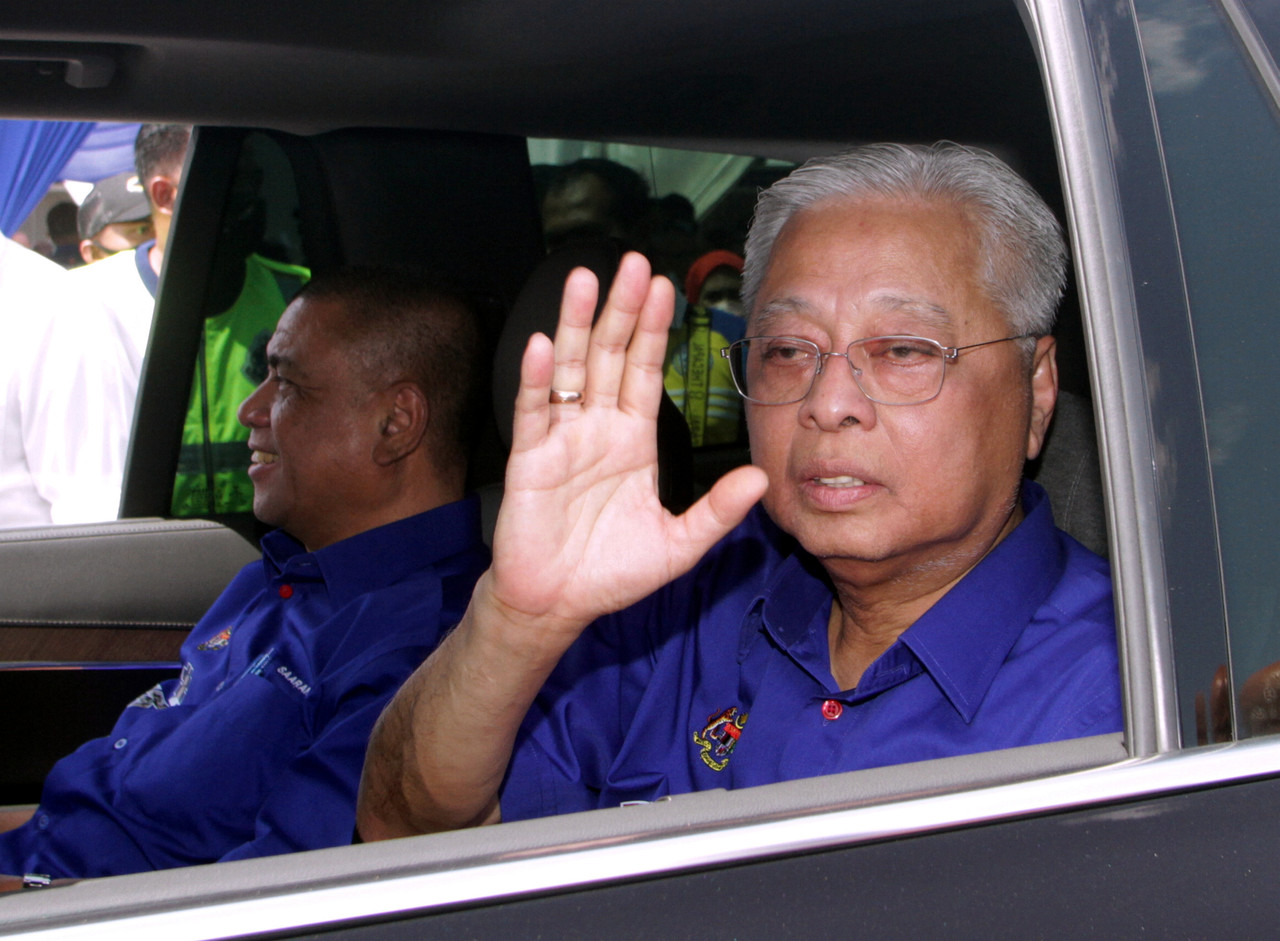A NON-GOVERNMENTAL organisation (NGO) urged Prime Minister Datuk Seri Ismail Sabri Yaakob to explain why certain individuals, who had weak track record on human rights matters in the past, got appointed as commissioners at the Human Rights Commission of Malaysia (Suhakam).
“We are baffled as to how the selection process took place under the Prime Minister’s Department’s Legal Affairs Division.
“The PM and his advisers must provide answers to the people,” said CSO Platform for Reform in a statement.
Two days ago, Ismail Sabri announced that Universiti Teknologi Mara (UiTM) law professor Rahmat Mohamad has been appointed as the new Suhakam chief commissioner.
Others in the line up are:
- Prof. Datuk Noor Aziah Mohd Awal
- Datuk Mohamad Nordin Ibrahim
- Dr Chew Chee Ming (Sarawak)
- Datuk Mary@Mariati Robert (Sabah)
- Datuk Hasnal Rezua Merican Habib Merican
- Nazira Abdul Rahim
- Ragunath Kesavan
However, the appointments drew criticism from various quarters as Rahmat was the co-author of the paper that objected to Malaysia’s decision to the ratify the Rome Statute and ICERD.
He was said to be one of the four academics who convinced the Council of Rulers to reject the Rome Statute, which forced Putrajaya to backtrack on the decision.
UMNO leaders in Suhakam
Touching on the matter, the NGO also pointed out that Nordin was a former director general of Department of Islamic Development Malaysia (JAKIM) and had been against the LGBTQ community.
Nordin even got a conference on gender and sexuality issue cancelled from being held in Kuala Lumpur.
“Two other commissioners, Nazira and Hasnal are active UMNO politicians. The former serves as the Kedah UMNO women’s wing chief while the latter is the Selayang UMNO deputy chief.
“Even the appointment of Chew is in question. He is a consultant anaesthetist, with no known background on human rights work in the Malaysian society context, apart from his work as a medical practitioner.
“This is unlike past commissioner Dr Madeline Berma, who has represented Sarawak and Suhakam excellently, and is a familiar and well-respected name among academics, state and federal government, and the civil society alike,” it noted.
The NGO then urged the Government to come up with a better mechanism to check the appointment of Suhakam commissioners, which includes parliamentary and independent vetting to inspire confidence.
“It is highly recommended that a parliamentary select committee play a critical role in opening a better accountable mechanism and include best practices models such as Indonesia, where their process is rigorous and with much public scrutiny. – July 4, 2022









